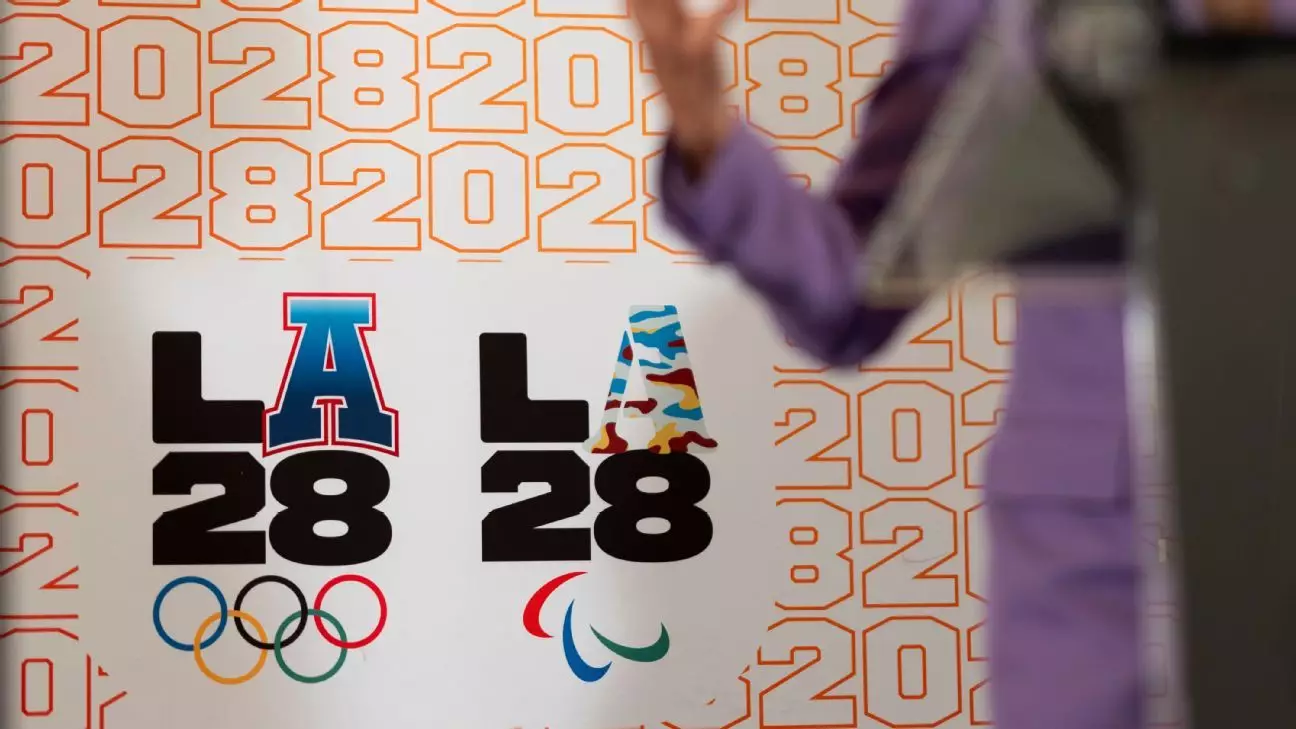The decision to commence basketball competitions two days before the official opening ceremony of the 2028 Los Angeles Olympics marks a paradigm shift in how the Games are organized and experienced. This move signals a willingness among organizers and governing bodies like FIBA to prioritize athlete performance, fan engagement, and broadcast potential over tradition. Traditionally, Olympic sports have been scheduled to align strictly with the opening ceremony, but this change introduces a more dynamic and flexible approach, reflecting the evolving landscape of international sports events.
This early start not only gives basketball a prime spotlight but also allows for a more compact and concentrated tournament structure. Spreading out the quarterfinals over two days enhances competitive fairness and provides athletes with better recovery times. More importantly, rescheduling showcases an understanding that modern audiences crave immersive and continuous sporting narratives, not confined by ceremonial constraints. It essentially transforms the Olympics into a year-round spectacle, where sport itself takes precedence over pageantry, fostering a richer viewer experience.
Impact on Athletes and Stakeholders
From an athlete’s perspective, this scheduling shift offers both opportunities and challenges. Playing before the official ceremonies means their performances will have heightened visibility from the outset, possibly influencing medal moods and national pride early in the Games. However, it also raises concerns about fatigue and recovery, particularly for teams with longer journeys or those involved in other competitions. The organizers’ emphasis on ensuring games do not start before noon indicates a careful attempt to mitigate these issues, but the true impact will only be clear once the games unfold.
Broadcasters and sponsors stand to gain significantly from these adjustments. Starting the basketball tournaments earlier extends the window for coverage and engagement, maximizing global viewership days before the formal celebration begins. This strategy can enhance advertising revenue and maintain momentum through a longer buildup to the main event. Moreover, integrating multiple sports’ schedules reveals a trend toward creating a continuous sports narrative that can dominate media coverage, reshaping the traditional Olympic timetable into a more fluid and interconnected event.
Strategic Implications and Future Outlook
The decision reflects a broader tactical shift in the Olympic movement—moving away from rigid traditionalism towards a more strategic, viewer-centric approach. It also indicates the IOC and FIBA’s recognition that the Olympic brand needs to remain relevant and engaging for modern audiences, especially younger viewers who consume content on their own terms.
This enhanced scheduling flexibility could set a precedent for future Games, encouraging organizers to think creatively about event timing, athlete readiness, and fan engagement. While some purists might criticize the departure from tradition, the truth is that the Olympics must evolve to stay vital. The early basketball start is a bold step toward making the Games more thrilling, accessible, and reflective of contemporary sports culture. In doing so, it underscores a fundamental insight: innovation is essential to preserve the Olympic spirit in an ever-changing world.

